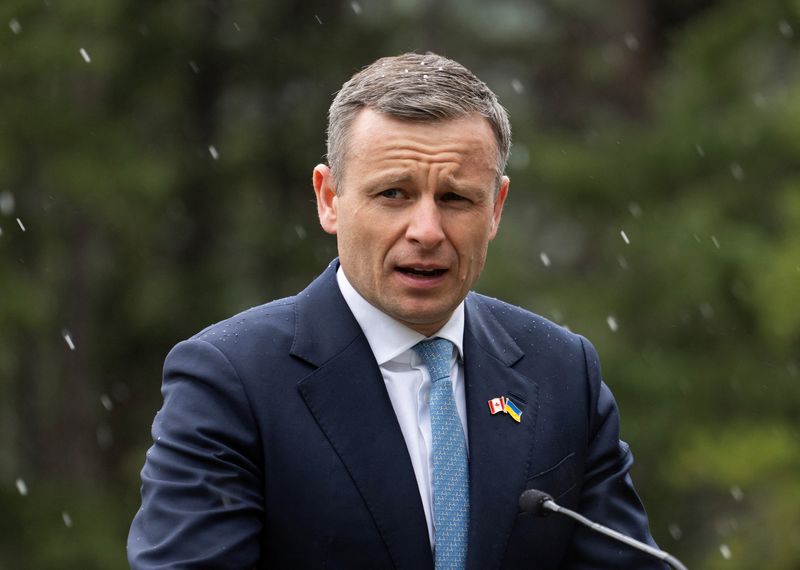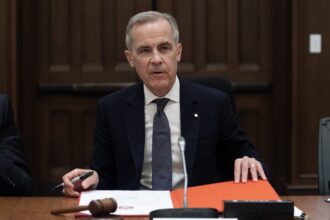In an unprecedented collaboration that merges humanitarian aid with critical infrastructure development, Canada has committed significant resources to help Ukraine rebuild its pension system, even as the war-torn nation continues to defend itself against Russian aggression. The initiative represents a forward-thinking approach to international support that looks beyond immediate military needs to the social foundations that will sustain Ukraine’s future.
Ukrainian pension officials met with Canadian counterparts this week in a series of high-level discussions designed to examine how Canada’s stable pension model could be adapted to Ukraine’s challenging circumstances. The meetings focused on creating a sustainable framework that could withstand ongoing economic pressures while providing essential support to Ukraine’s elderly and vulnerable populations.
“What we’re witnessing is a profound shift in how nations provide wartime assistance,” explains Dr. Elena Korotkova, an economic policy specialist at the University of Toronto. “By investing in pension infrastructure now, Canada is helping Ukraine build resilience that will outlast the current conflict.”
The Ukrainian pension system currently faces extraordinary challenges, with approximately 3.5 million pensioners living in occupied territories or displaced within the country. Government statistics reveal that pension expenditures account for nearly 10% of Ukraine’s GDP, a substantial fiscal burden for a nation funding an existential defense effort.
Canada’s pension system, internationally recognized for its three-pillar approach combining public benefits, employer-sponsored programs, and personal savings, offers valuable insights for Ukraine’s reformation efforts. Canadian officials have emphasized that any reformed system must consider Ukraine’s unique circumstances, including its demographic trends, economic realities, and the long-term effects of war.
“We’re not simply transplanting a Canadian model into Ukrainian soil,” stated Finance Minister Chrystia Freeland during a press briefing in Ottawa. “Rather, we’re sharing expertise and resources that allow Ukraine to develop pension solutions that reflect their specific needs while incorporating proven principles of sustainability.”
The partnership extends beyond theoretical frameworks. Canada has pledged $14.5 million in technical assistance over the next three years, providing Ukrainian officials with access to pension management experts, digital infrastructure resources, and administrative training programs. This aid package is distinct from Canada’s ongoing military support, which has exceeded $2.4 billion since February 2022.
For ordinary Ukrainians, the pension reform initiative represents hope amid extraordinary hardship. Surveys indicate that 68% of Ukrainian seniors have experienced disruptions to their pension payments since the Russian invasion began, with many facing delays of three months or longer.
Oleksandr Melnyk, a 73-year-old retired teacher from Kharkiv who has been displaced to Lviv, described the situation: “When bombs are falling, you think only of survival. But after a year and a half of war, we must also think about how we will live when peace returns. A reliable pension would give many of us something concrete to hold onto.”
The Canada-Ukraine pension collaboration reflects a growing international recognition that Ukraine’s resistance requires not just military support but the preservation and strengthening of civil institutions. Similar initiatives are underway with partners in Sweden, France, and the United Kingdom, though Canada’s contribution represents the largest commitment to pension-specific reforms.
Economic analysts suggest that successful pension reform could significantly impact Ukraine’s long-term recovery prospects. A functioning pension system not only provides social stability but also creates domestic investment capital that could accelerate post-war reconstruction efforts.
As Ukraine continues its determined defense against Russian forces, this forward-looking collaboration raises an essential question: How can international partners balance immediate wartime needs with the long-term institutional development necessary for Ukraine’s eventual recovery and prosperity?










